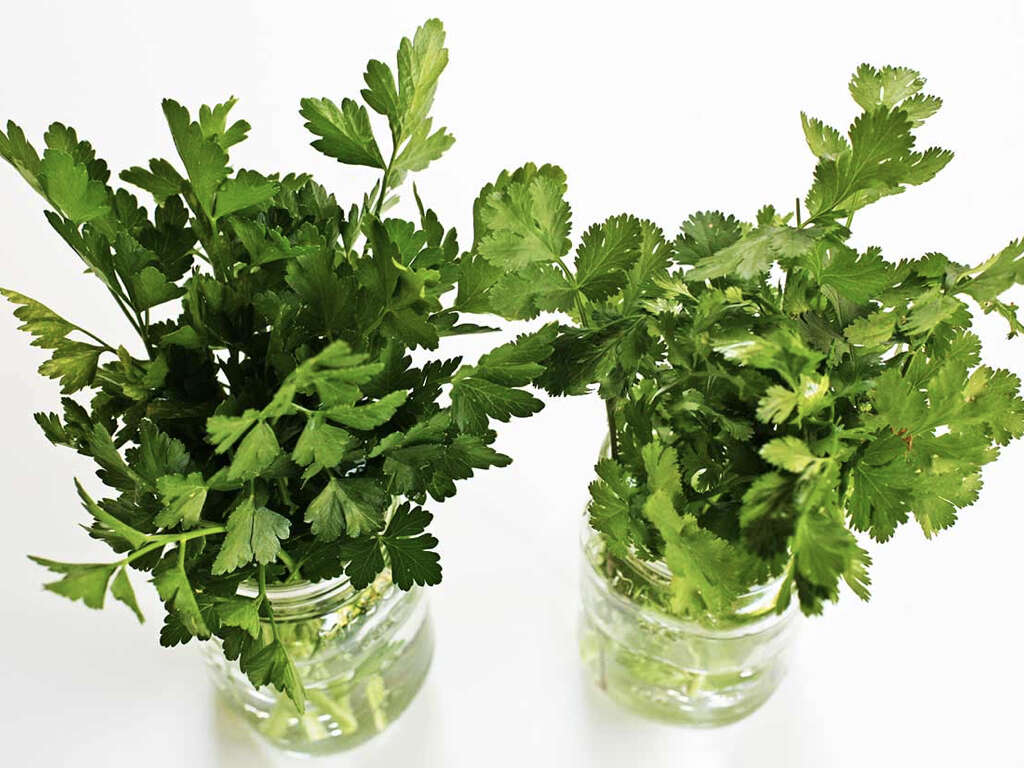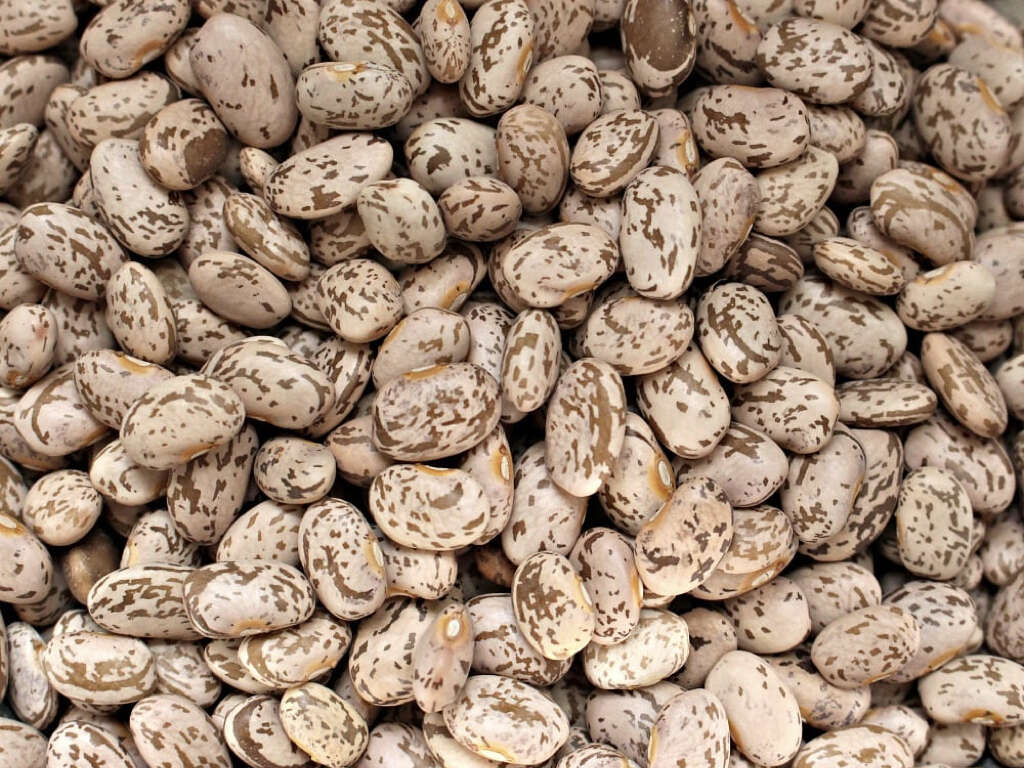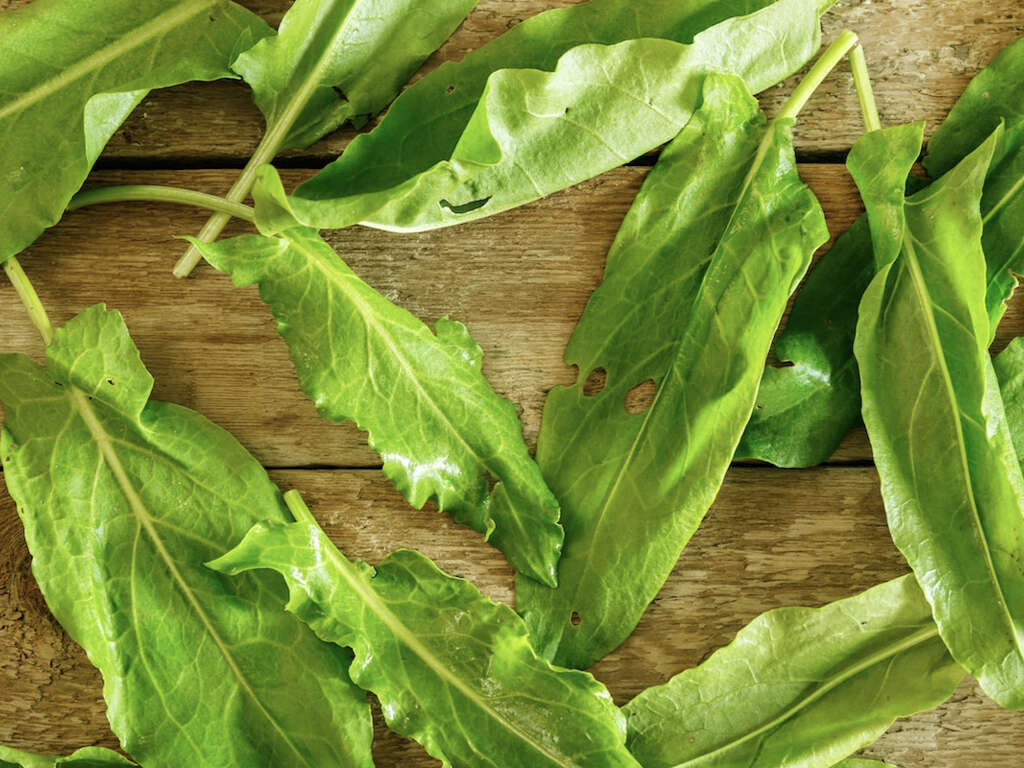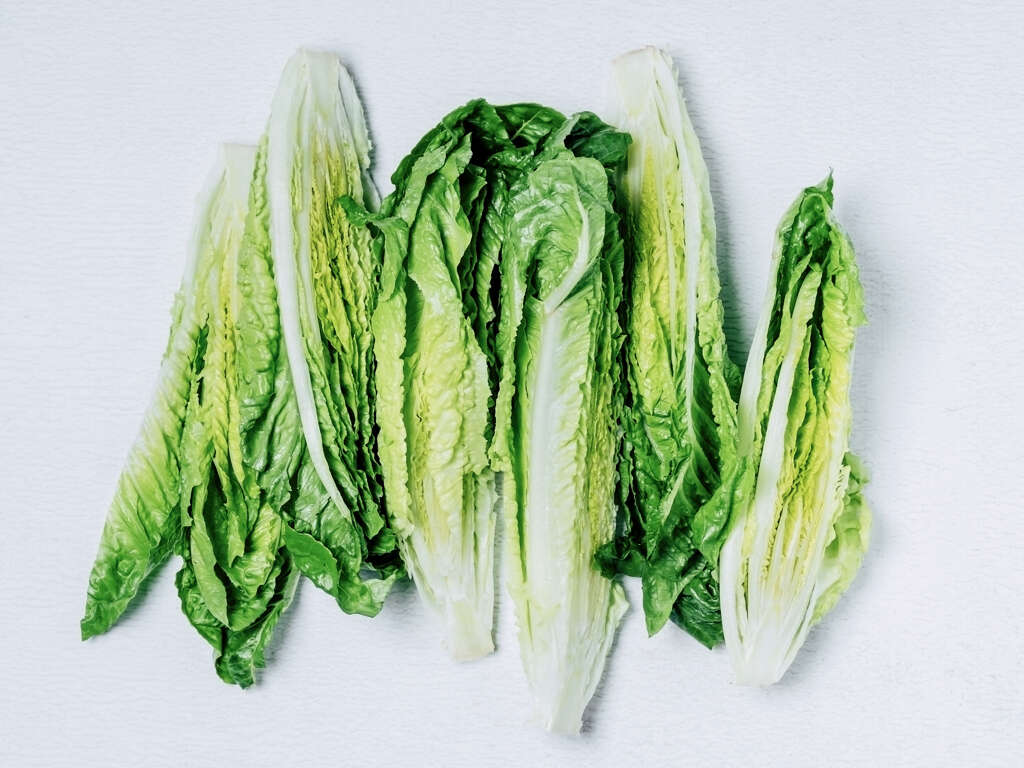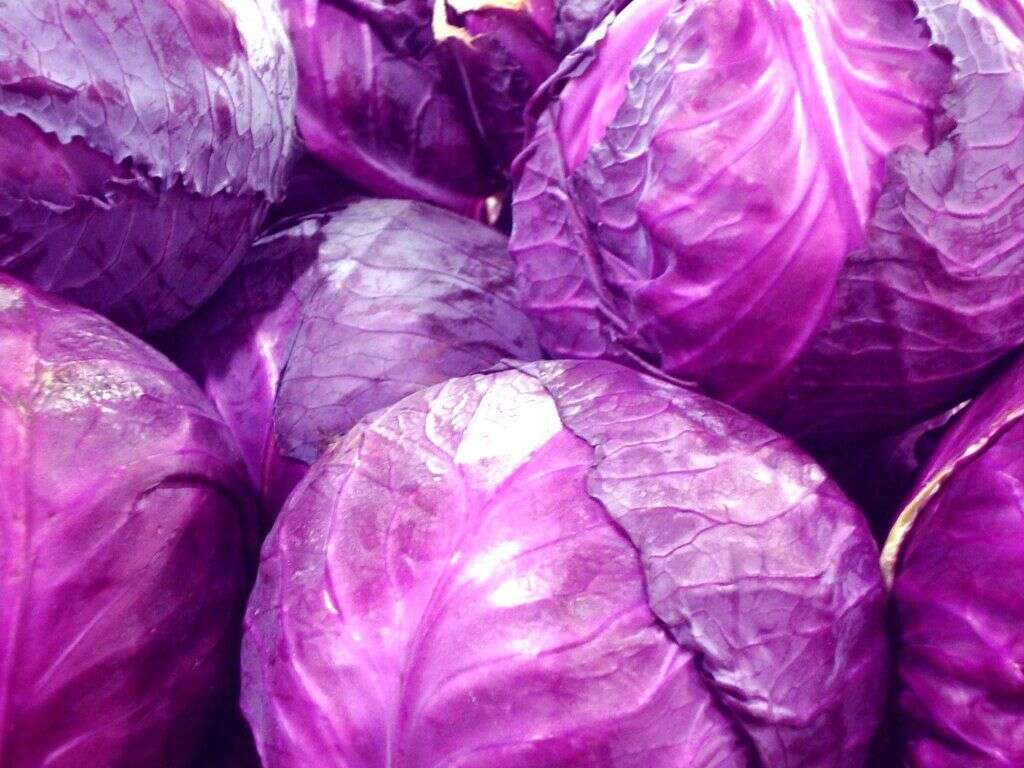10 Benefits Of Cabbage
Cabbage’s rich nutrition profile makes it a food that should be added to everyone’s grocery list. The vegetable closely resembles a head of lettuce. However, it is more closely related to broccoli, cauliflower, and the brussels sprout family.
Cabbage is unique as there are 7 varieties of the vegetable all with varying colors and textures. The most commonly purchased cabbage includes red cabbage and the cannonball cabbage, most commonly recognized as the green cabbage at the grocery store.
Cabbage is consumed worldwide in numerous ways. It can be eaten raw, cooked, mixed within salads, in soups, or as coleslaw. When overcooked coleslaw releases a strong odor. It is important to note that overcooking cabbage can strip it of some of its essential nutrients.
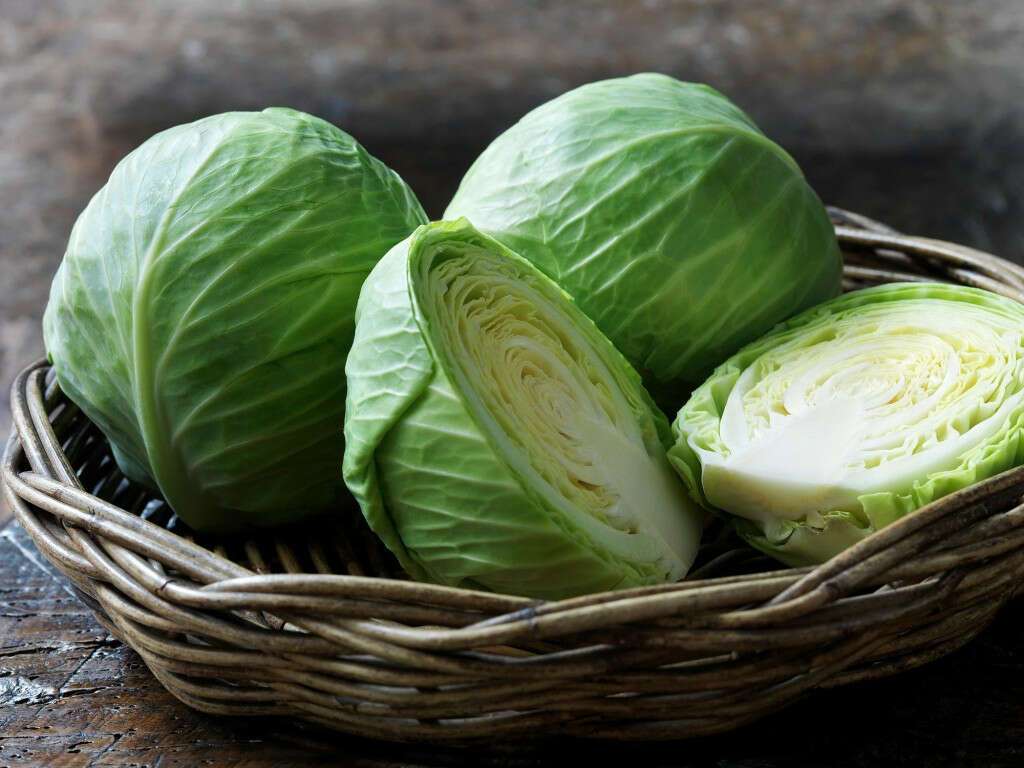
Cabbage Benefit #1: Low Calorie
Cabbage is a great addition to the diet because it is low calorie but high in vitamins and minerals. This means you can tackle those necessary nutrients without packing on the calories. With the rise of obesity and the confusion of what is healthy and what is not, cabbage can be added as a healthy snack or meal.
One cup of red cabbage only contains around 40 calories. With these 40 calories, you get 80% of your recommended daily allowance of vitamin K and 70% of your daily allowance of vitamin C. This makes the vegetable an excellent source of vitamin K and vitamin C.

Cabbage Benefit #2: Anti-Inflammatory Agent
Cabbage is a cruciferous vegetable. Some other cruciferous vegetables include broccoli, brussels sprouts, cauliflower, and bok choy. Research has linked intake of this family of vegetables to having anti-inflammatory properties. These properties reduce chronic inflammation commonly associated with obesity, heart disease, diabetes, and arthritis.
Cabbage is high in the antioxidant sulforphane. This anti-oxidant is believed to be one of the contributing factors to the fight against inflammation. This idea is supported by a study which included over 1000 women. Those who had higher consumption of the antioxidant had lower levels of inflammation compared to women with low intake of the antioxidant.
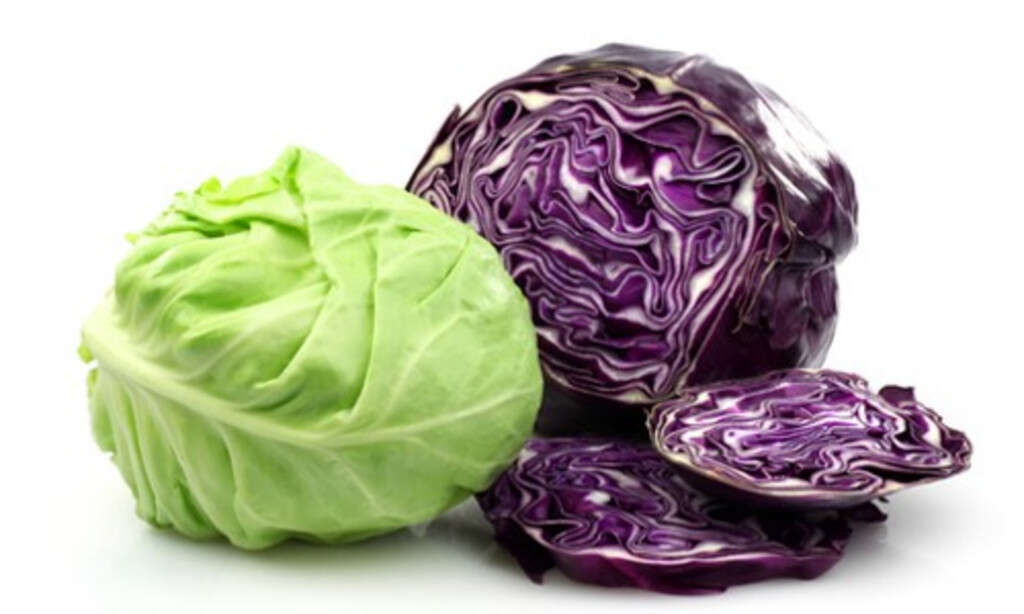
Cabbage Benefit #3: Vitamin C Rich
As mentioned above, cabbage is a vitamin rich food, and with 70% of the daily allowance of vitamin C, consumption of the vegetable will ensure the rich benefits of vitamin C.
Vitamin C has many functions in the body. It is essential for collagen formation that is essential for healthy nails and hair. It protects skin from sun damage, aids in the absorption of iron, and boosts the immune system (great for when you have a cold). In addition, it can prevent cataract formation, a condition popular in old age. One study revealed high dietary calcium intake reduces the chances of cataract formation by 30%.
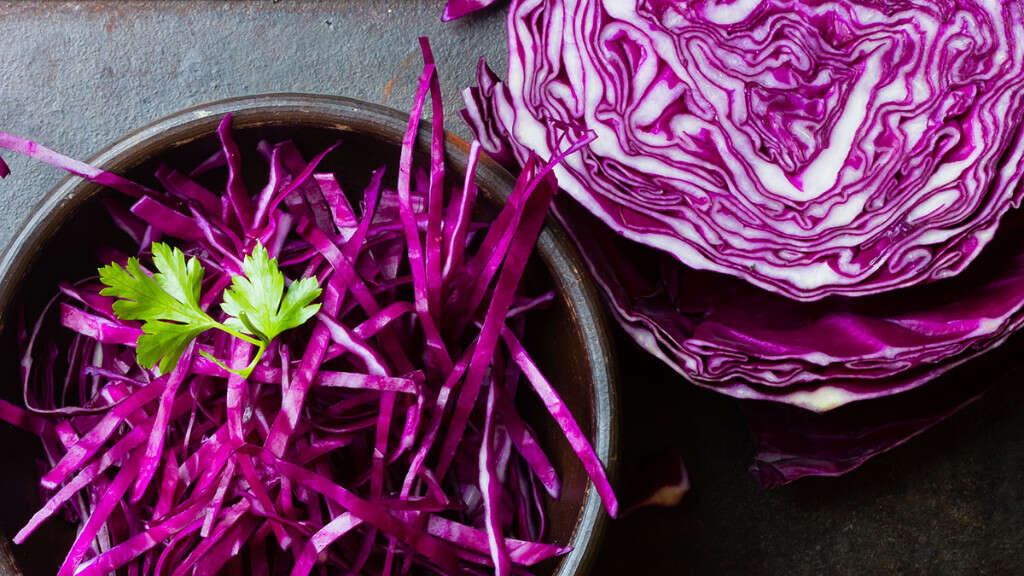
Cabbage Benefit #4: Supports the Digestive Tract
Fiber is essential in healthy bowel movements. There are two forms of fiber: insoluble and soluble. Insoluble fiber is not dissolvable. It stays intact and helps move the stool through your system by adding bulk to it. This form of fiber is essential for those suffering with constipation. Soluble fiber dissolves in water and slows digestions, which helps to keep blood sugar levels stable.
Cabbage contains both forms of fiber thus can aid in relieving constipation and maintaining blood sugar levels. In addition, soluble fiber is also linked to feeding healthy bacteria in your gut, which can also improve digestion health.

Cabbage Benefit #5: Protection from Radiation Therapy
One benefit of cabbage is its protection from the harmful effects of radiation therapy. Cabbage contains a compound called 3,3 Diindolylmethane (DIM). It is believed this compound protects red and white blood cells, which are often diminished and attacked during radiation therapy.
This hypothesis was tested in a study done on both mice and rats. Within the study, one set of the animals were given the compound DIM, whereas one was not. It was found the group given the DIM were more likely to survive after 30 days of radiation treatment. Concluding a possible link between DIM and increased life span after radiation therapy.

Cabbage Benefit #6: Cardiovascular Health
Cardiovascular health is essential in preventing heart disease. Consumption of cabbage, especially red cabbage has been linked to having positive effects on heart health. It has been found to increase HDL levels and decrease low density lipoproteins (LDL) levels. LDL is termed the bad cholesterol and is linked to atherosclerosis, plaque build-up, and hypertension.
Cabbage is able to decrease cholesterol levels because of its high fiber content. The fiber binds to cholesterol in the gut and excretes it from the body. This leads to a decrease in cholesterol levels. Low cholesterol levels make the heart happy.
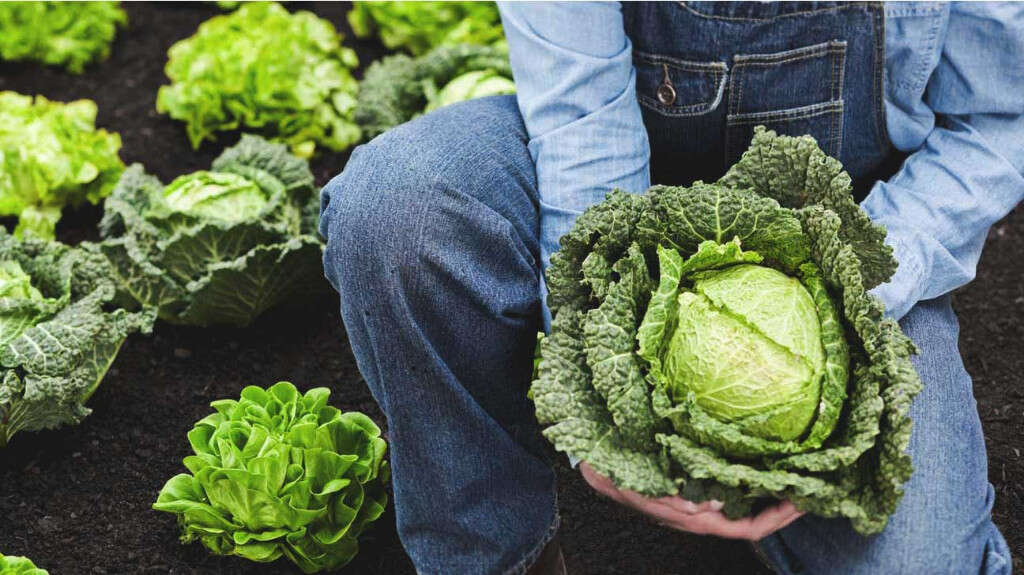
Cabbage Benefit #7: Prevents Cancer
Numerous studies have shown the protective effects of cabbage and related vegetables against cancer. The hypothesis behind this phenomenon is based on a high content of glucosinolates and its destructive of cancer cells. Glucosinolates are a group of sulfur containing compounds that are the reason for the strong aroma of cooked cabbage. In addition, these compounds are found to inhibit the growth of cancer cells when consumed.
In the evaluation of 7 epidemiological studies that studied the consumption of brassica vegetables, including cabbage, they found a direct relationship between high consumption and decreased risk for many cancers but especially lung, stomach, colon, and rectal cancer.

Cabbage Benefit #8: Vitamin K Rich
Vitamin K is essential for good health. Vitamin K is important for proper bone health and blood clot formation. A diet deficient in vitamin K can lead to bruising easily and excessive bleeding.
Cabbage is an excellent source of vitamin K. As mentioned above, just one cup provides 80% of your daily allowance. Thus, even for those who may have issues with adding vitamin K to the diet, cabbage would be a great way to introduce the vitamin.
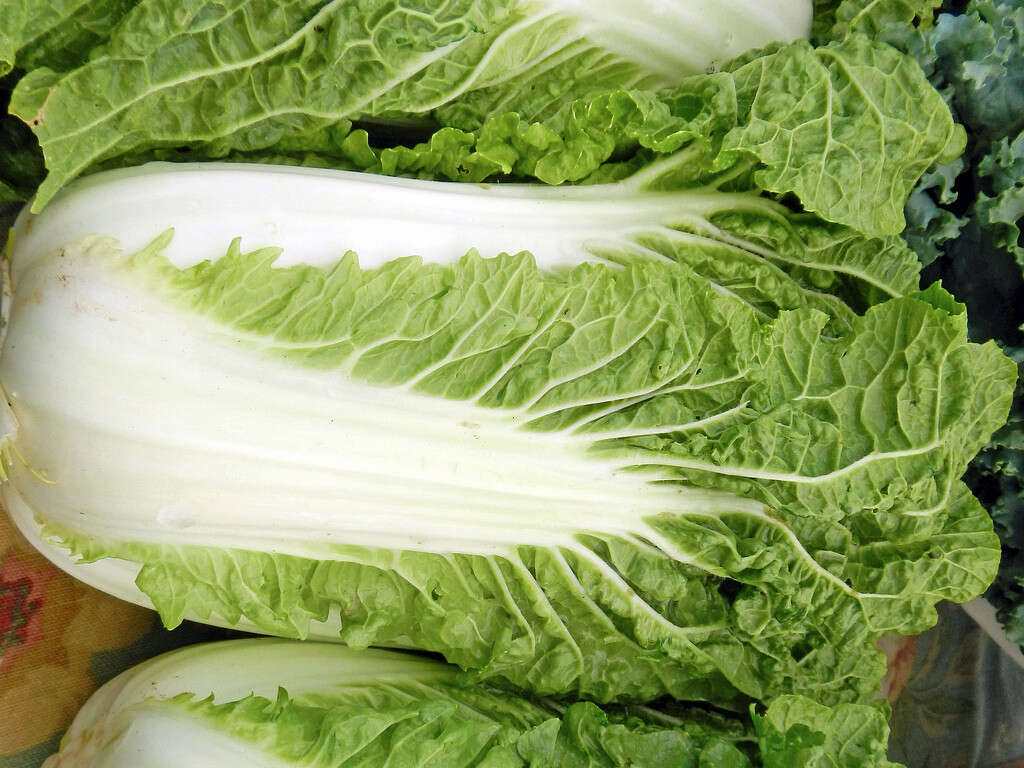
Cabbage Benefit #9: Affordable and Diverse Dishes
Cabbage is eaten worldwide and one of the reasons for this is just how easy it is to grow and for those without a garden, it is cheap to purchase from the grocery store. Cabbage can be grown in very cold climates as well as warm, thus it is not limited to a certain time of year. In addition, many people have had success growing the vegetable with minimal effort.
In addition, the vegetable is very versatile. It can be added to numerous dishes such as soups, salads, side dishes, tacos, noodles, and many others. For those who may not like the taste of the vegetable but wish to gain the benefits, it can easily be masked by mixing it in with a more desirable dish.

Cabbage Benefit #10: Takes Care Of Your Eyes
Cabbage is very high in beta carotene which is very good for your eyes. Beta carotene is converted to Vitamin A in your body. Vitamin A is especially important for elderly populations as they are at risk of macular degeneration, which is the leading cause of vision loss and is irreversible. Beta carotene is also essential in delaying cataracts.
Red cabbage contains 10 times more beta-carotene then green cabbage. This is due to the red pigment of the cabbage which gets its hue from beta-carotene.





